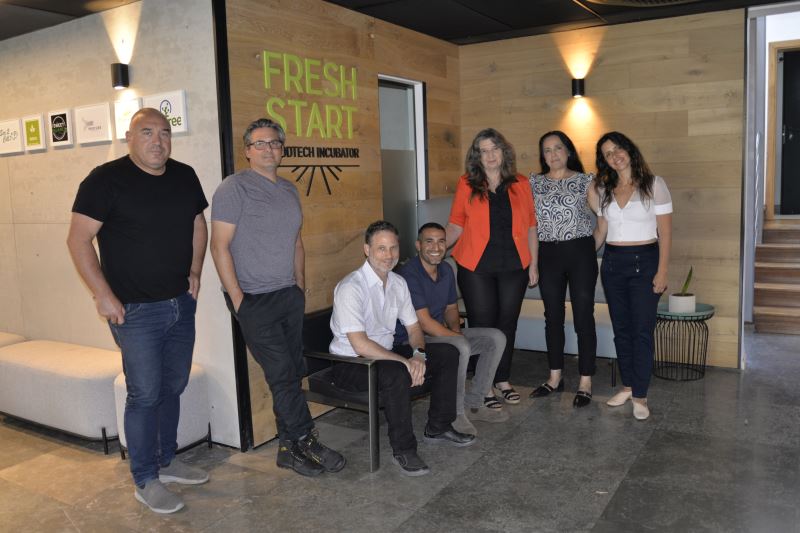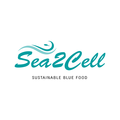
Sea2Cell
Sustainable Seafood, One Cell at a Time
75% of funding target
Highlights
Highlights
Saving the Oceans with Sustainable Cultivated Fish
The world's population is growing rapidly, and so is the demand for available, cheap and healthy protein sources. 40% of all the proteins we consume today come from fish, which are an excellent source of quality protein, vitamins, minerals, and of course omega-3 fatty acids. According to forecasts, the global demand for fish is expected to double by 2050, but due to overfishing and environmental pollution, the oceans are becoming empty, and a huge variety of fish are in danger of extinction. To deal with this crisis, Sea2Cell is developing an advanced, sustainable, and cost-effective technological solution that will allow growing fish cells in huge tanks under controlled conditions, and using them to create a variety of fish products based on cultivated fish meat. The technologies developed by the company could make it possible to deal with extreme climate changes, significantly reduce the need for fishing and traditional aquaculture, provide available and healthy fish meat, free of mercury, heavy metals, microplastics, antibiotics, and other pollutants, save many species of fish, feed the growing world population and have a positive impact on the environment. The company's proprietary technologies have the potential to provide consumers with an experience that is closer to nature in terms of texture, taste, and nutritional value compared with products that are based on ingredients of plant origin only. Sea2Cell is thus paving the way for a healthier and more sustainable future for generations to come.
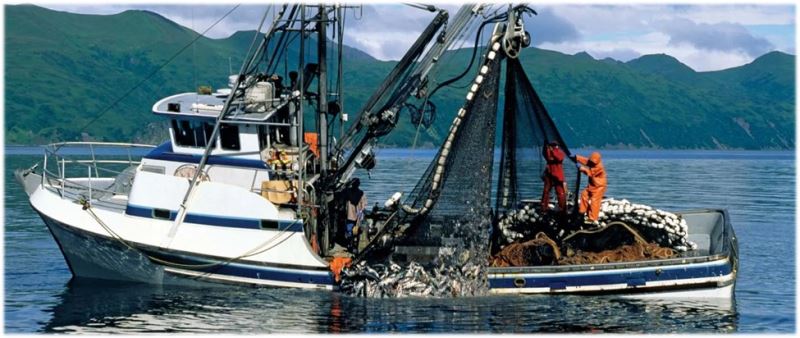
Huge Market Potential
Sea2Cell operates in the rapidly growing segment of the alternative protein industry and has the potential to shape the future of sustainable fish production. With increasing investment, technological advancements, and recent regulatory approvals, the market for cell-based fish products is expected to grow in the coming years. Sea2Cell's unique value proposition and innovative methods position them for long-term success in this evolving market.
Sea2Cell Technology Leads to Significant Reduction in Production Costs
Sea2Cell is addressing a major bottleneck in the cultivated fish industry - the cost of growth factors. The company's technology can significantly reduce the overall costs of producing cell-based fish products, making their cultivated fish products much cheaper to produce compared to competitors. This cost advantage gives Sea2Cell a significant edge in the market.
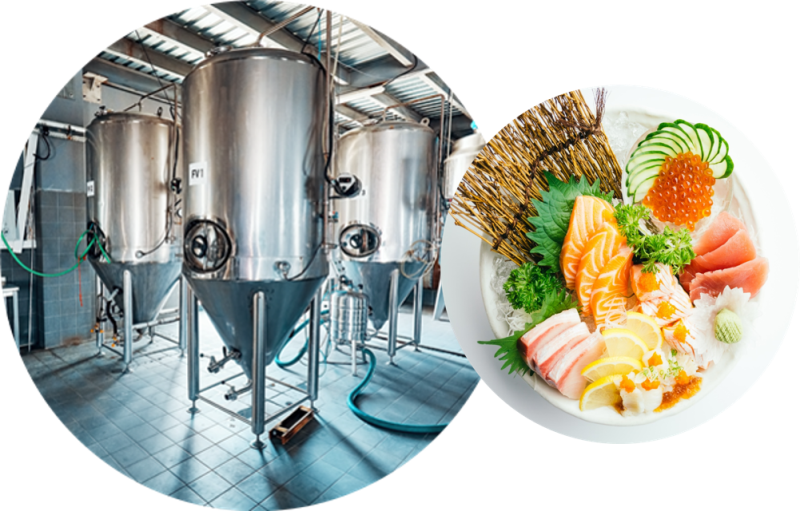
Funding and Support from Major Investors, the FreshStart Foodtech Incubator, and the Israel Innovation Authority
Sea2Cell entered into the prestigious Fresh Start incubator in late 2021. The company received substantial investments from the Israel Innovation Authority (IIA) and the incubator partners, which include Tnuva, Israel's largest food manufacturer; Tempo, a leading beverage company; OurCrowd, Israel's most active venture investor; and Finistere Ventures, a global agri-tech VC firm. Additionally, the company recently received a grant from the Innovation Authority's government fund to finance its activities in 2024.
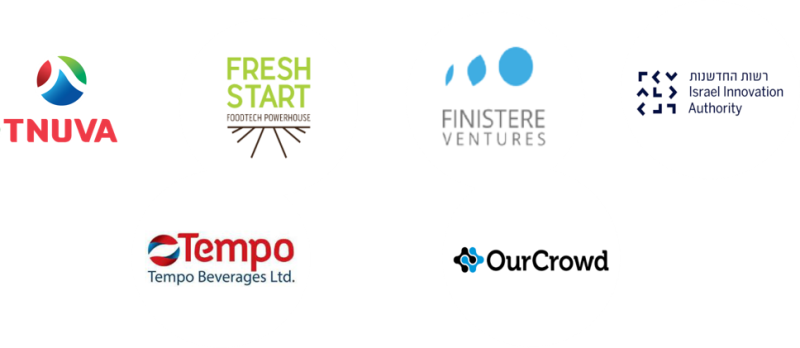
Strategic Partnerships and IP Protection
Sea2Cell has protected its innovative technologies by submitting three provisional patent applications, which cover three distinct patent families developed within the company. Sea2Cell has also entered into an "Applied know-how" agreement with the Hebrew University, which gives the company access to valuable know-how from the laboratory of Prof. Berta Sivan, a world expert in fish.
.png)
Multidisciplinary and Experienced Team
Sea2Cell was established by 5 founders, each bringing unique expertise to the company's leadership. The company boasts a highly skilled and diverse team, comprising four full-time PhDs (including the company CEO), a professor at the Hebrew University, and a knowledgeable food technologist. The founders bring a wealth of expertise, including experience in managing successful companies (including a publicly traded company) and profound knowledge of cell lines and cultivated meat. This fusion of talents not only fuels technological advancement but also drives distinctive product innovation, reinforcing the company's competitive advantage.
Pitch
Pitch
The Problem
Sea2Cell is addressing several critical problems and needs related to the production and consumption of fish:
- Rising Demand and Depleting Fish Stocks: The world's appetite for fish and seafood is increasing, leading to a higher demand for fish products. However, traditional fishing practices have led to overfishing and depletion of fish stocks in oceans and seas. As a result, many fish species are at risk of extinction, and the entire food chain in marine ecosystems is in danger.
- Health concerns. Consuming fish caught or farm-raised in polluted waters can pose health risks to humans due to potential contamination by toxins, Mercury, heavy metals, microplastics and pollutants present in the aquatic environment.
- Environmental Impact of Fishing: Traditional fishing methods, such as using large fishing vessels and nets, have a significant environmental impact. They can lead to a bycatch of non-target species, damage to marine habitats, and disruption of marine ecosystems. The excessive fishing pressure on marine resources also contributes to the degradation of marine biodiversity and the health of the oceans.
- Unsustainable Aquaculture Practices: While aquaculture (fish farming) has become an important source of fish production, it also faces challenges. Some fish farms can cause water pollution and spread diseases to wild fish populations. Additionally, the reliance on wild-caught fish as feed for farmed fish creates further pressure on fish stocks.
- Rising Fish Prices: Due to the increasing demand and declining fish stocks, the prices of fish products are rising. This can lead to affordability issues for consumers and businesses that rely on fish as part of their diet or supply chain.
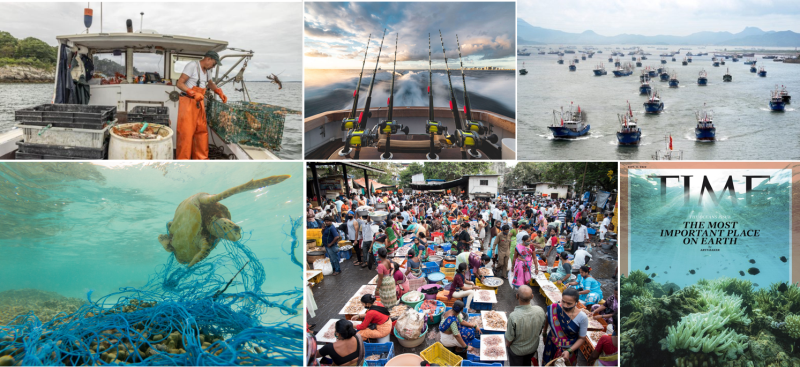
The Need
The technology for producing cultivated fish products presents a groundbreaking solution to the environmental, health, and ethical challenges associated with fish supply and consumption. However, in order to make cell-based fish commercially viable, it is imperative to significantly reduce production costs, which are derived mainly from the high costs of media used to grow the cells.
The Solution
Sea2Cell offers an innovative solution to the pressing production challenges caused by the high cost of media ingredients essential for cell growth, otherwise known as Growth Factors.
Reducing the costs of growth factors in the production process of cell-based fish is crucial to ensure the scalability, sustainability, and affordability of this innovative approach to fish production. Growth factors play a pivotal role in regulating cell proliferation, differentiation, and tissue development, mimicking the natural growth progression of fish. However, the high expenses associated with sourcing and synthesizing these growth factors can hinder the economic viability of cell-based fish production.
Sea2cell's unique technology, based on the most advanced molecular and genetic tools, is designed with the aim of effectively reducing these costs, thereby enabling accelerated transitions from laboratory-scale experiments to large-scale commercial production. It has the potential to make fish meat production more cost-effective, counteracting the rising fish prices. By providing a sustainable and efficient alternative to traditional fishing and aquaculture, Sea2Cell's innovative solution not only addresses pressing ecological concerns but also plays a crucial role in ensuring the future food security of a rapidly growing global population.
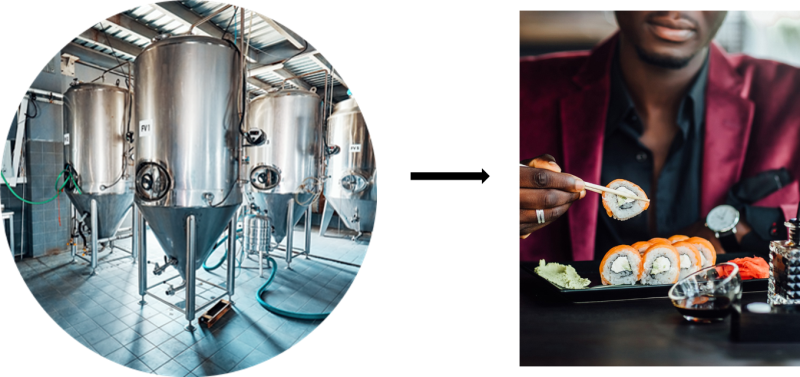
The Technology
Sea2Cell revolutionizes the sustainable production of cell-based fish by employing the most advanced techniques in molecular biology and genetics, including genetic engineering, to generate patent-protected stable fish cell lines capable of autonomously expressing and secreting functional growth factors. These naturally occurring molecules play a vital role in regulating cell growth, differentiation, and survival by binding to specific receptors and initiating internal signaling pathways. The costs of these growth factors within the cell culture media pose challenges to production and scalability. Sea2Cell's breakthrough technology directly addresses this obstacle, substantially reducing production costs and positioning them as pioneers within the cultivated fish industry.
Sea2Cell technology eliminates almost completely the need to add these molecules to the media because the cells produce them themselves in a self-sufficient manner. By circumventing the need for costly external sources of growth factors, Sea2Cell not only enhances the economic feasibility of its approach but also establishes a distinctive business model, setting it apart in a competitive landscape. Their innovative solution not only drives down expenses but also potentially transforms the industry, paving the way for sustainable and scalable cultivated fish production.
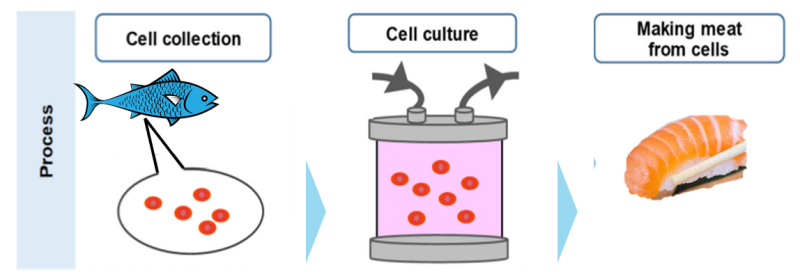
Media Coverage
Sea2Cell - Globes Link to the article
Sea2Cell - Calcalist Link to the article

Keshet 12 - The Foodtech Conference of Israel
Fresh Start's Incubator presents its portfolio companies, including Sea2Cell
Dr. Orna Harel presents Sea2Cell on the demo day of Fresh Start's greenhouse for the year 2022
Dr. Orna Harel is a guest on the podcast "Kol Ha'Universita - The Challenge to Save the Oceans
Dr. Orna Harel is a guest on the podcast "Founders DNA by ThinkUp".
Team
Team
|
Dr. Harel is an accomplished executive. She earned her Ph.D. degree in Biology from the Hebrew University of Jerusalem and was a postdoc fellow at the National Institutes of Health (NIH), USA.
|
|
Prof. Sivan is a renowned expert in the physiology and molecular endocrinology of reproduction in ecologically and commercially important fish species.
|
|
Dr. Tzchori is an expert in stem cell research and cultured meat. He holds a Ph.D. from the Zoology Department of Tel Aviv University and was a postdoc fellow at the National Institutes of Health (NIH), USA.
|
|
Mr. Levy has over 20 years of senior managerial experience. He holds an M.Sc., for research work done at the National Center for Mariculture, Eilat, and Executive LLM from Northwestern University, USA.
|
|
Dr. Joel Alter Meir earned his Ph.D. from the Technion specializing in muscle differentiation, important knowledge for the company‘s R&D
|
|
Dr. Sivan earned her Ph.D. degree from the Faculty of Medicine in Bar-Ilan specializing in advanced molecular methods and cell cultures.
|
|
Dr. Raz Hamami earned his Ph.D. from the Technion specializing in tissue engineering, a complementary knowledge to the company‘s activities.
|
|
Pablo has over 15 years of global experience in the fish marketing and sales industries, identifying business opportunities and setting up ventures.
|
